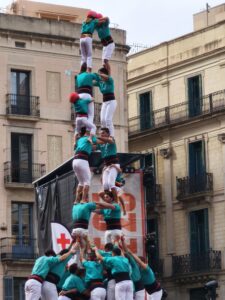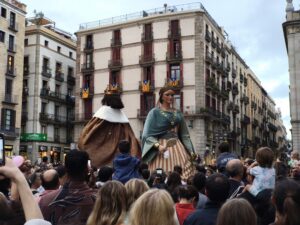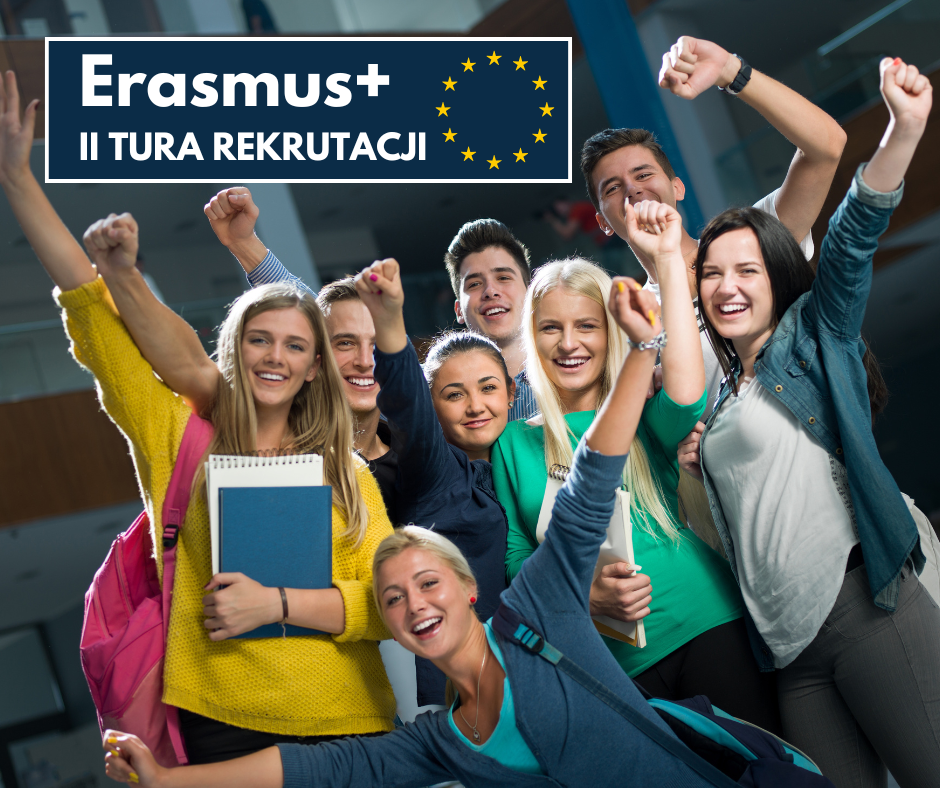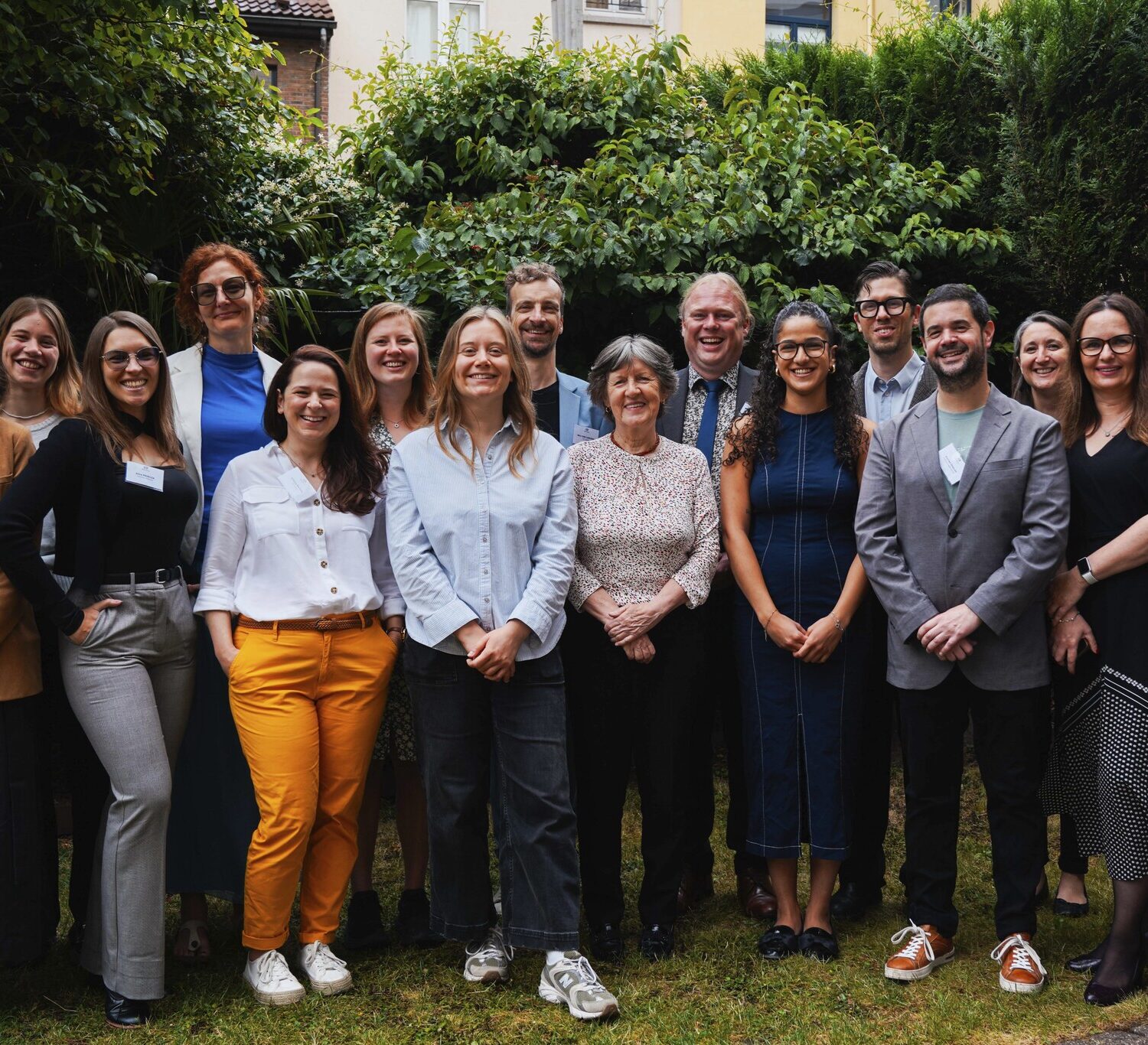Dr hab. Hanna Schreiber na konferencji MONDIACULT w Barcelonie

Inauguration Ceremony of Academic Programs in English 2025
September 29, 2025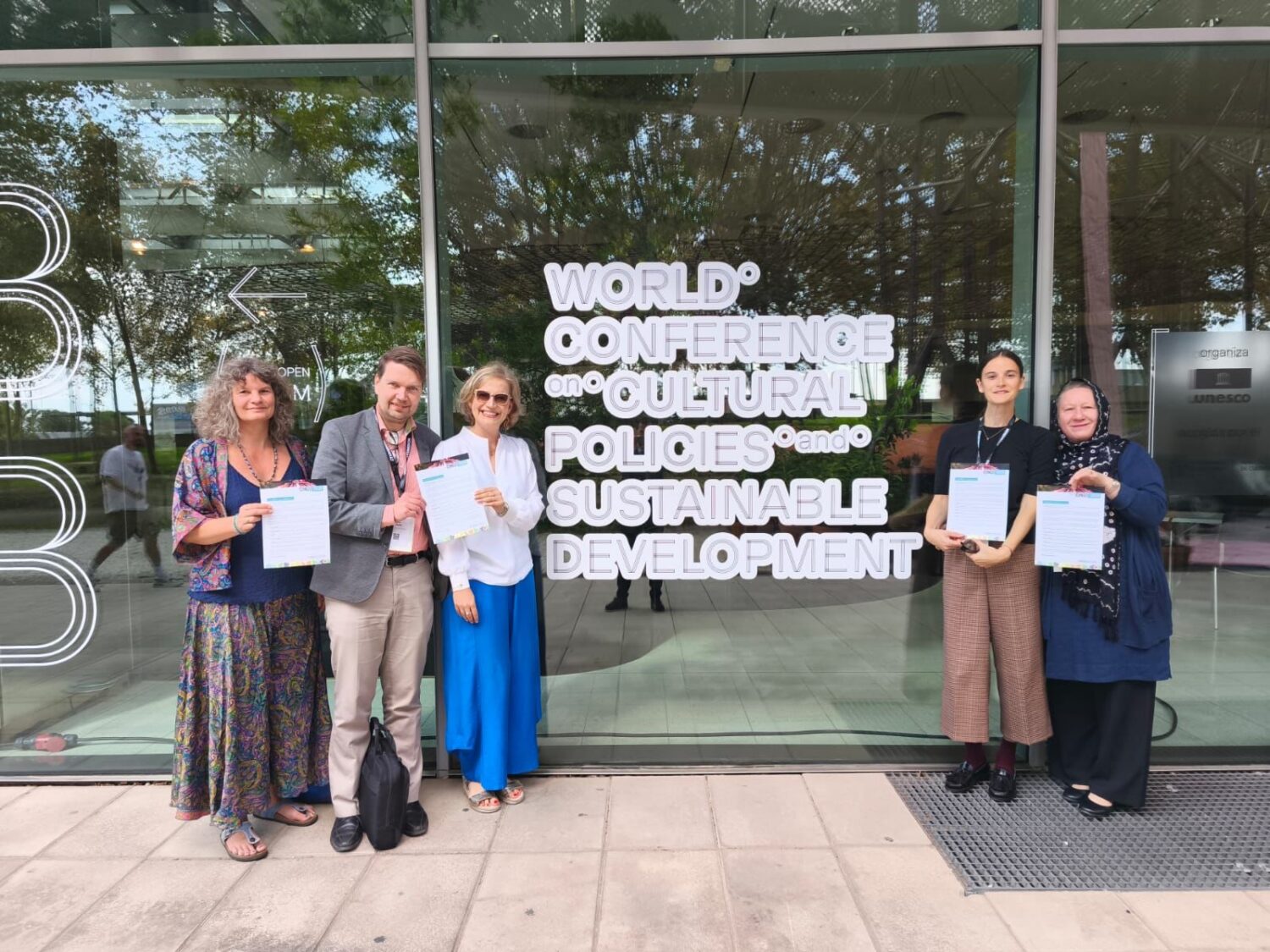
English version below
Dr hab. Hanna Schreiber, kierowniczka Katedry UNESCO ds. publicznych i globalnych procesów zarządzania niematerialnym dziedzictwem kulturowym (ichgovernance.com) na naszym Wydziale, bierze udział w dniach 28.09-1.10 w Światowej konferencji ds. polityki kulturalnej (MONDIACULT) w Barcelonie. Jest to trzecia światowa konferencja w historii, w całości poświęcona doniosłej roli kultury w stosunkach międzynarodowych i politykach kulturalnych państw. Pierwsza odbyła się w 1982 w Mexico City, druga w 2022 także w Mexico City (40-lecie Deklaracji w sprawie polityki kulturalnej z Mexico City), zaś trzecia – w 2025 – trwa właśnie w Barcelonie. Kolejna planowana jest za 5 lat.
Głównym celem tego wydarzenia, gromadzącego ministrów kultury z całego świata, dyrektorów instytucji kultury, organizacji międzyrządowych i pozarządowych oraz katedr UNESCO, jest ustanowienie “kultury” jako niezależnego, nowego celu zrównoważonego rozwoju (Sustainable Development Goals, SDGs). Z dokumentami konferencji w Barcelonie można zapoznać się tutaj: https://www.unesco.org/en/mondiacult?hub=171169.
Konferencja poświęcona jest dwóm tematom przewodnim (focus areas): roli kultury w budowaniu pokoju oraz relacji między kulturą i AI. Oba te tematy są podejmowane w działalności Katedry UNESCO na naszym Wydziale. Dr hab. Schreiber prowadziła wykłady i szkolenia z tematyki dziedzictwa niematerialnego w działaniach wojska (https://www.ichgovernance.com/polish-armed-forces-on-the-safeguarding-of-intangible-cultural-heritage/), oraz w procesach zarządzania kryzysowego (https://www.ichgovernance.com/prof-hanna-schreiber-trains-eu-member-states-representatives-on-intangible-heritage/). Wspólnie z prof. Bartoszem Pielińskim organizowała także z UNESCO globalny webinar poświęcony AI i dziedzictwu niematerialnemu (https://ich.unesco.org/en/events/webinar-on-artificial-intelligence-and-intangible-cultural-heritage-01012).
Podczas konferencji w Barcelonie, dr hab. Schreiber była zaangażowana w prace nad stanowiskiem forum organizacji pozarządowych akredytowanych przy UNESCO, jest bowiem współzałożycielką, wraz z prof. Janet Blake, Working Group on Legal and Policy Development of the Intangible Cultural Heritage NGO Forum (https://www.ichngoforum.org/wg/legal-and-policy-development/). Wzięła także udział w wydarzeniach dotyczących dziedzictwa niematerialnego Barcelony (Merce), takich jak tradycja budowania “ludzkich wież” i pochody gigantów, wpisanych na listę dziedzictwa niematerialnego UNESCO.
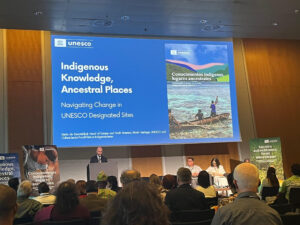
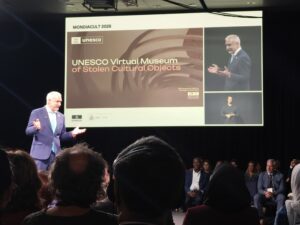
Dr. hab. Hanna Schreiber, Head of the UNESCO Chair on Intangible Cultural Heritage in Public and Global Governance (ichgovernance.com) at our faculty, is participating from 28 September to 1 October in the World Conference on Cultural Policies and Sustainable Development (MONDIACULT) in Barcelona. This is the third global conference in history entirely devoted to the crucial role of culture in international relations, cultural policies and sustainable development. The first was held in 1982 in Mexico City, the second in 2022, also in Mexico City (marking the 40th anniversary of the Mexico City Declaration on Cultural Policy), and the third, in 2025, is currently underway in Barcelona. Further conferences are planned every five years.
The main objective of this event, which convenes ministers of culture from around the world, directors of cultural institutions, intergovernmental and non-governmental organisations, and UNESCO chairs, is to establish “culture” as an independent, new Sustainable Development Goal (SDG). Conference documents may be consulted here: https://www.unesco.org/en/
The conference is organised around two focus areas: the role of culture for peace and the relationship between culture and artificial intelligence (AI). These two themes are also central in the work of the UNESCO Chair at our faculty. Dr. hab. Schreiber has delivered lectures and conducted trainings on the safeguarding of intangible cultural heritage in military activities (see: https://www.ichgovernance.com/
At the Barcelona conference, Dr. hab. Schreiber was actively involved in drafting the position of NGOs accredited to UNESCO, since she is co-founder, together with Prof. Janet Blake, of the Working Group on Legal and Policy Development of the Intangible Cultural Heritage NGO Forum (https://www.
